About us
UCLG Learning deals with the contemporary challenges faced by cities and regions and promotes decentralized cooperation to boost sustainable development.

Cities and all other local and regional governments require practical solutions to fulfill the needs of citizens. Learning cannot be conducted alone but has to be in collaboration with other authorities, academies, associations, international organizations and even private actors. For us learning means working with good strategies, having quality facilitation and building partnerships. To this purpose, local and regional governments are strong partners and supporters, regardless of their development stage.
Building on the challenges and positive experiences accumulated by our members and partners, UCLG’s Learning agenda offers a platform where new ideas and methodologies can be tested, and where learning themes are developed, addressing the concrete interests of our members. It will serve to share and disseminate experiences and knowledge for capacity building, which ultimately leads to cooperation between our members and partners.
Your content goes here. Edit or remove this text inline or in the module Content settings. You can also style every aspect of this content in the module Design settings and even apply custom CSS to this text in the module Advanced settings.
Our approach
Training of Trainers
We develop materials for trainers in and outside of our network to support building the capacity of local and regional governments on key issues identified by our constituency.
Peer Learning
We facilitate exchanges, peer reviews, and technical visits among cities and regional governments, and document good practices to share lessons learned and inspire action.
Learning Forum
We foster a learning culture within our network, highlighting key learning resources, and connecting actors engaged in capacity building by and for local and regional governments.
Partners
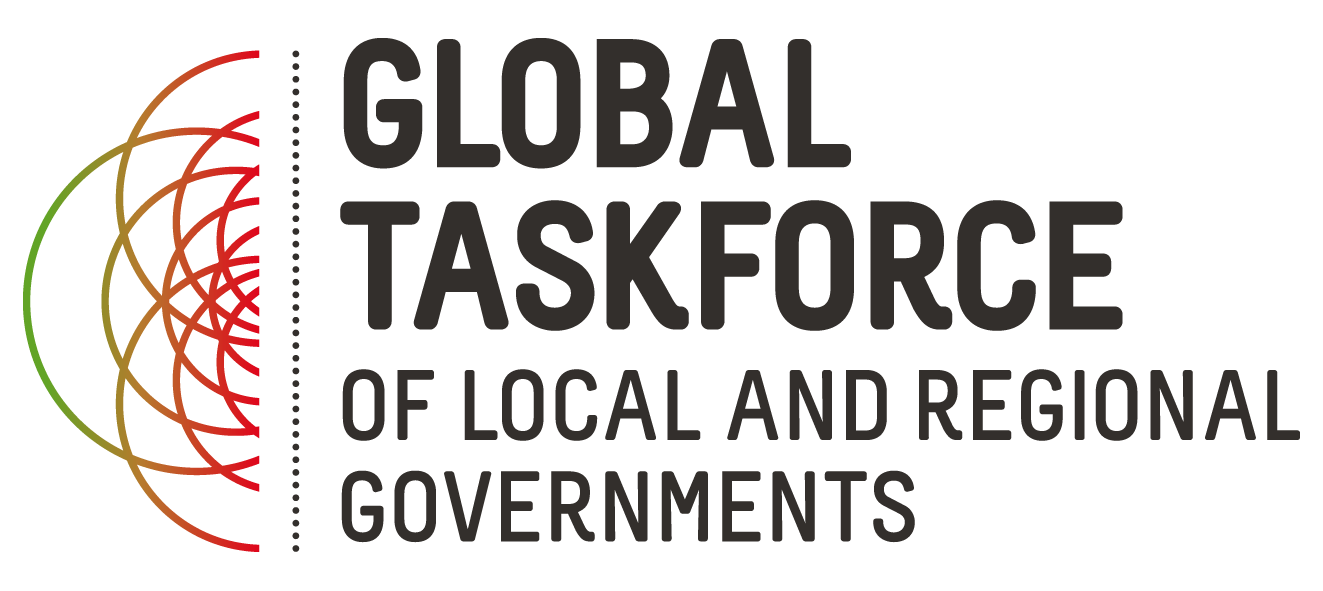

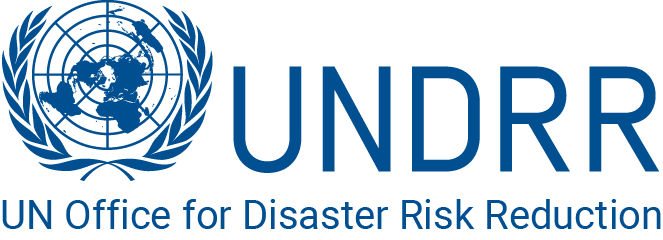
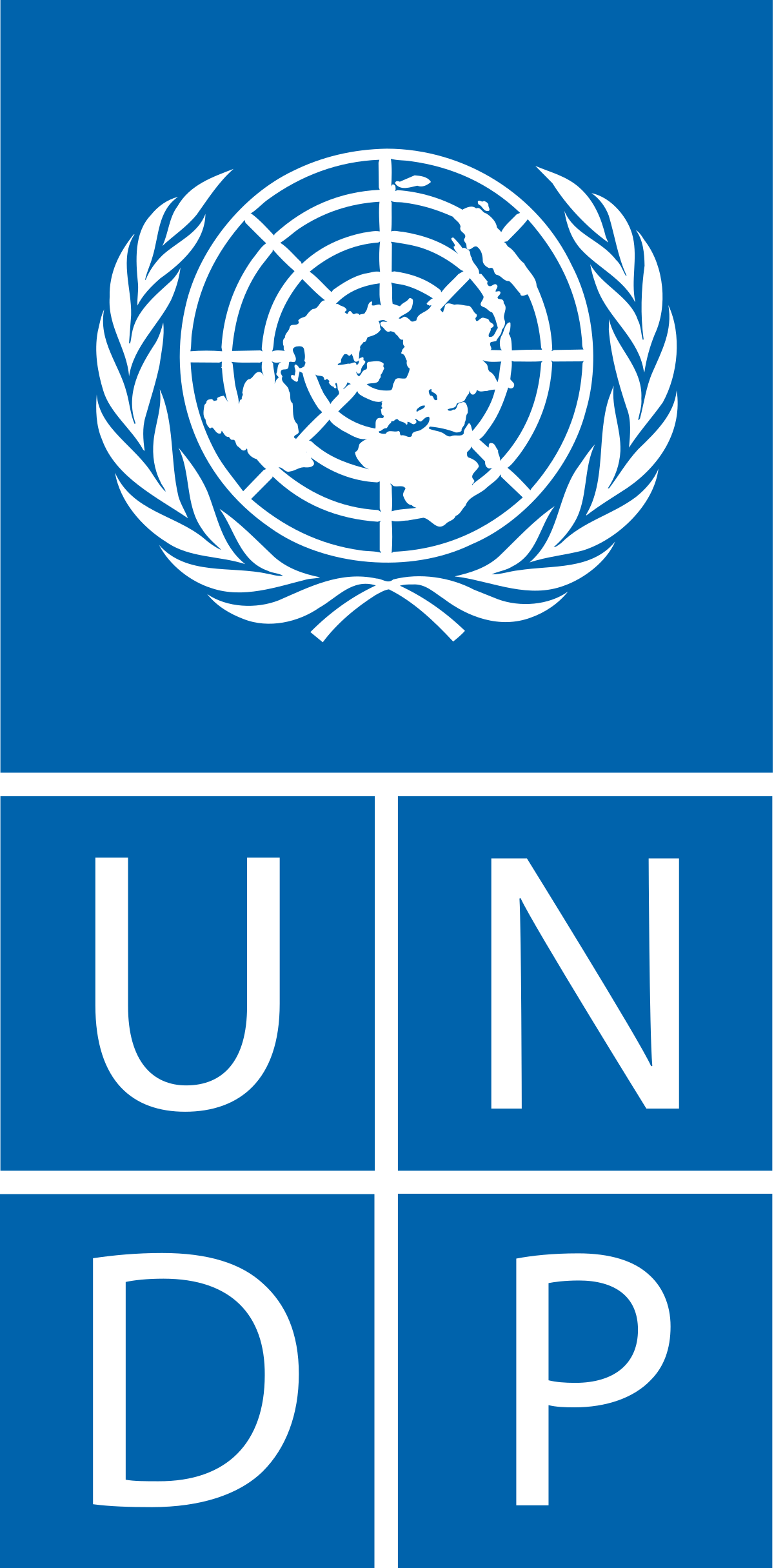

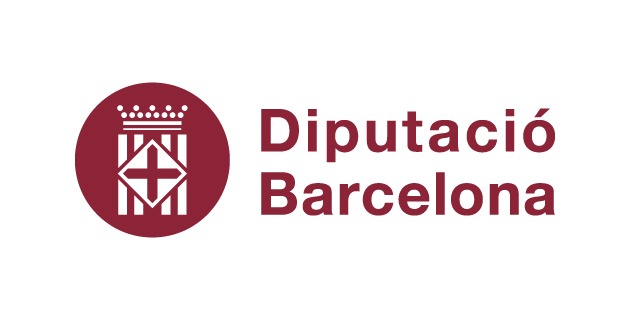
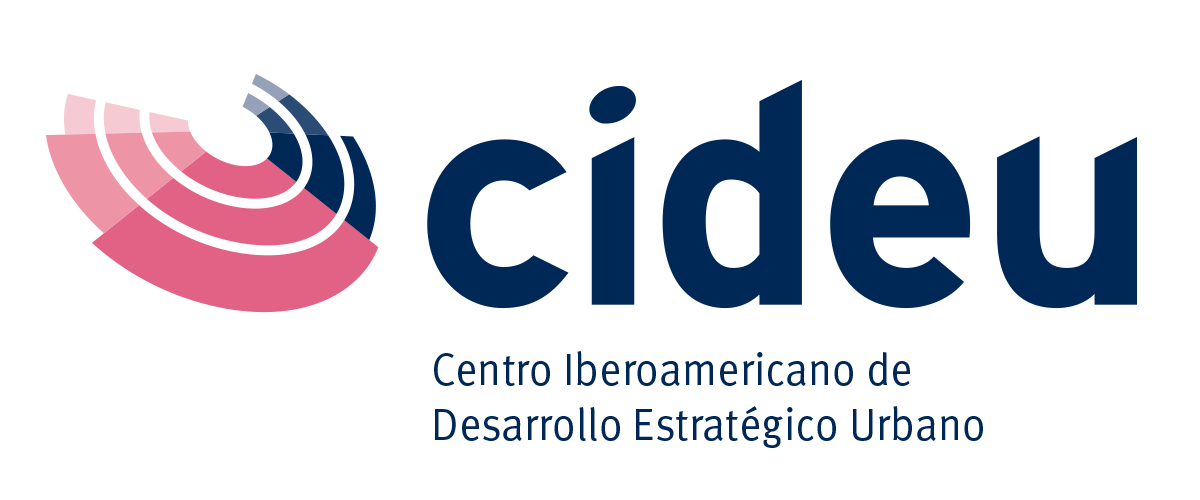
Sara Hoeflich is in charge of the portfolio on decentralised cooperation and city-to-city learning at United Cities and Local Governments (UCLG). She started working at UCLG in 2006, after almost 10 years working for GIZ in Indonesia and Colombia, in the field of urban planning and management. She holds a diploma in engineering from the University of Aachen and is an architect and urban planner. Sara has over 20 years of experience in international cooperation, urban development and strategic planning.
Fernando Santomauro is Brazilian and has worked with international relations of cities since 2001. He was international advisor of São Paulo and Belo Horizonte; secretary of international relations of Guarulhos; president of the National Forum of Managers and Directors of International Relations of Brazil (FONARI); and since 2018 he is learning officer at the World Secretariat of United Cities and Local Governments in Barcelona. He is a sociologist with a PhD in International Relations.
Juan Carlos Uribe Vega has over 10 years of experience in international cooperation management and facilitation. Originally from Colombia and Venezuela, he studied Landscape Architecture in Japan, and holds an Erasmus+ MSc in International Cooperation and Urban Development. Prior to joining UCLG, he worked with NGOs advocating for and promoting global citizenship education, sustainability and resilience.
Young yune Jang is on
María Alejandra Rico holds a degree in Public Administration and International Relations and a Master’s Degree in International Cooperation for Development. Originally from Colombia, she has previously worked with UNDP, UN-Habitat and the Spanish Federation of Municipalities and Provinces (FEMP) in topics related to decentralization, urban governance, sustainable development and open government.
Hailing from South Africa, Julia Munroe supports the Learning Team while concurrently completing an Erasmus Master in Urban studies. Her research explores the role of city governments in sustainable urban food system transitions. She has a background in anthropology and three years’ work experience in local government and non-profits in Cape Town, with a particular interest in urban resilience and gender equality.